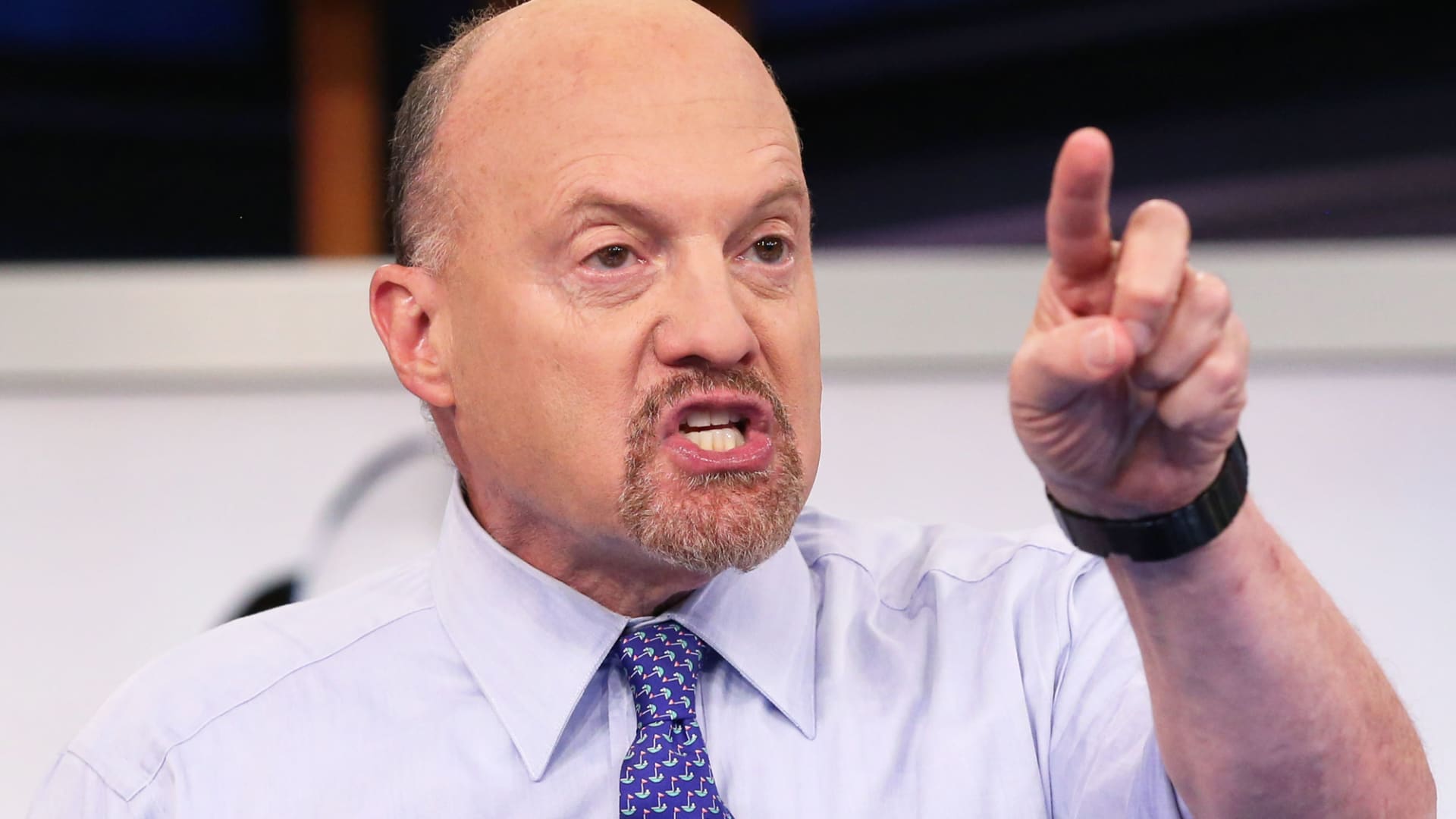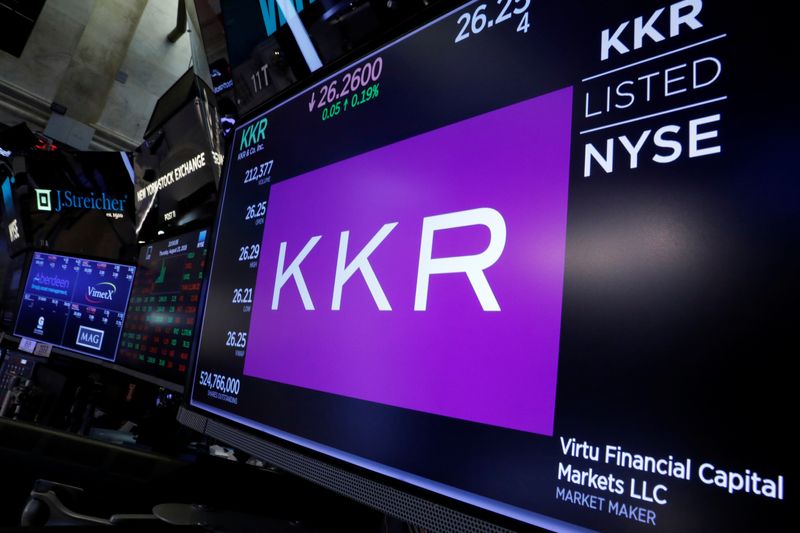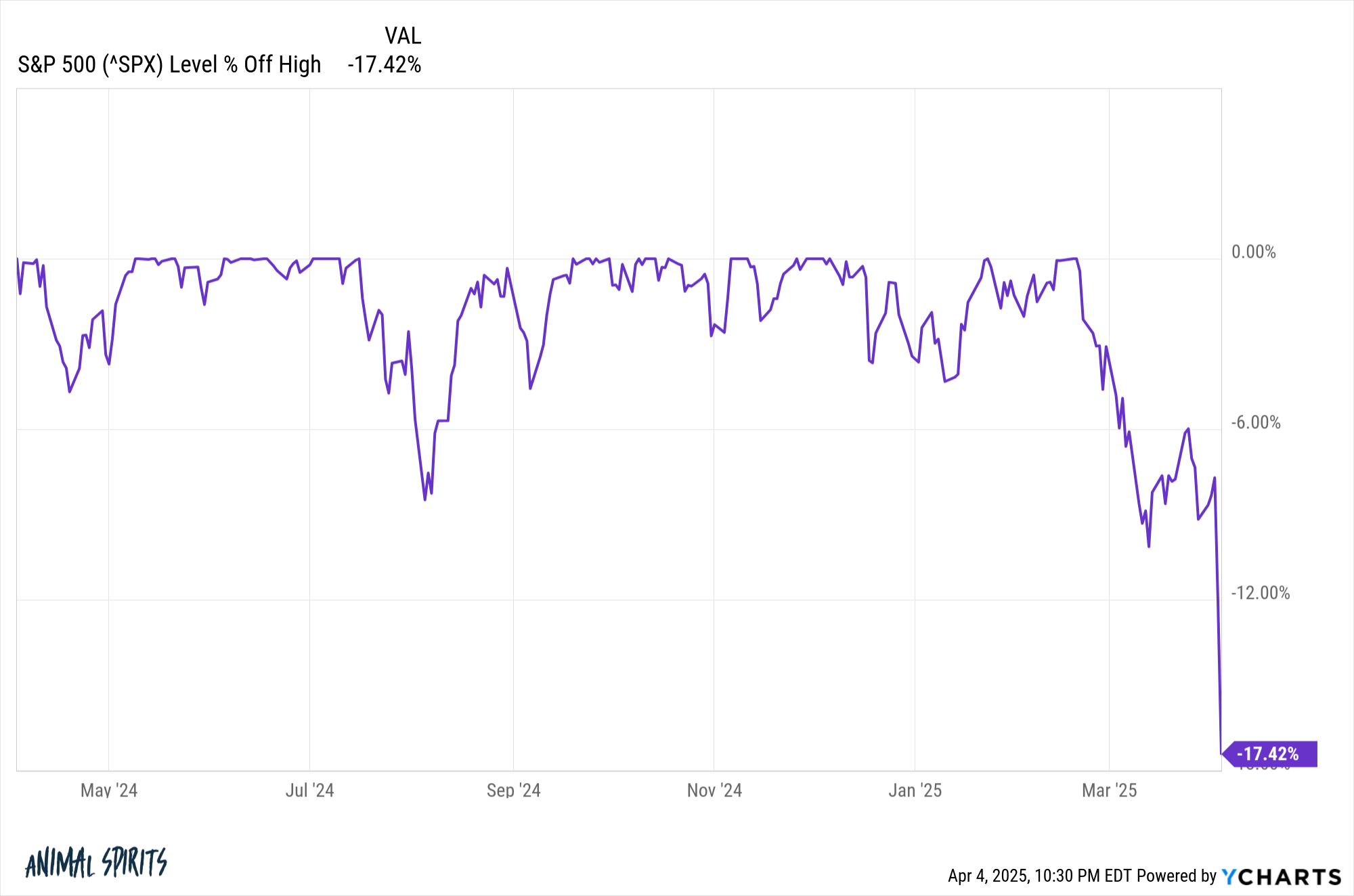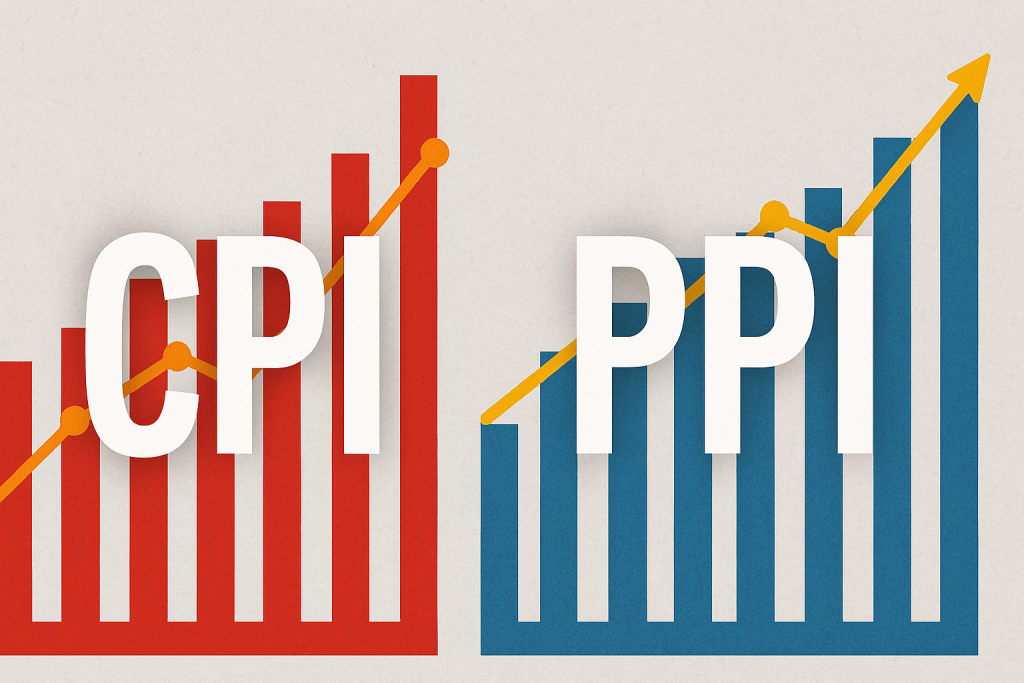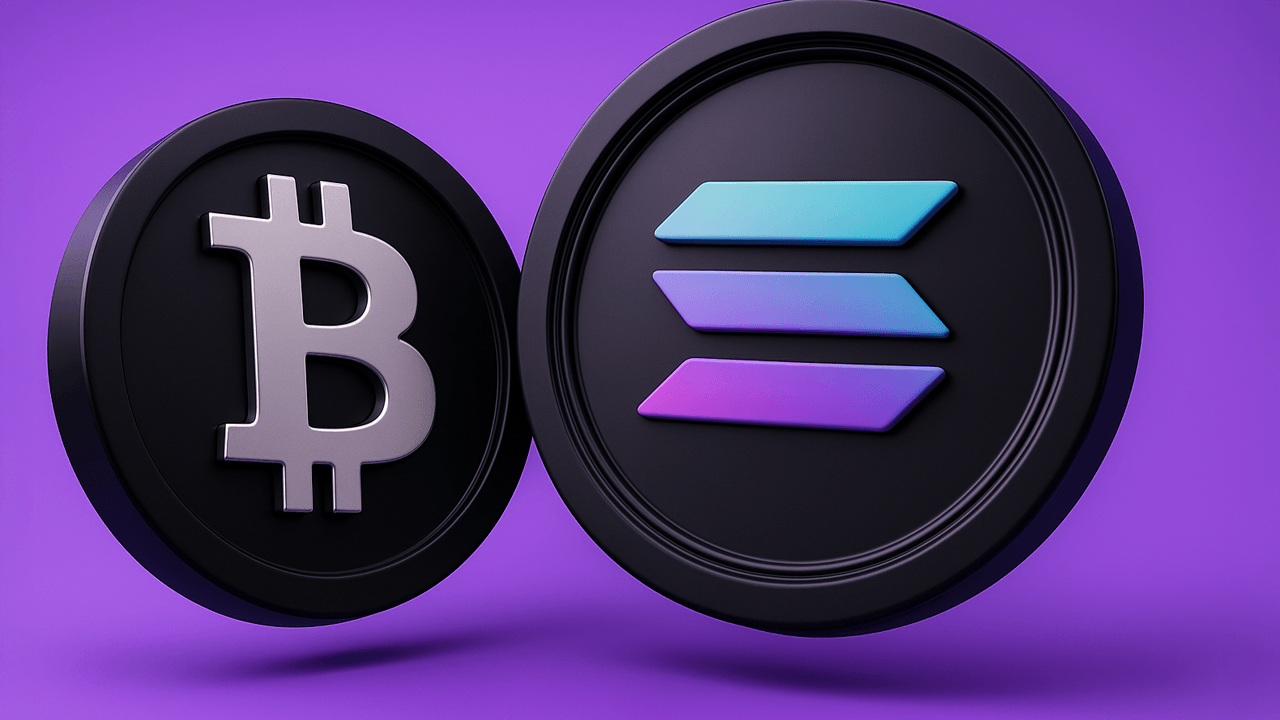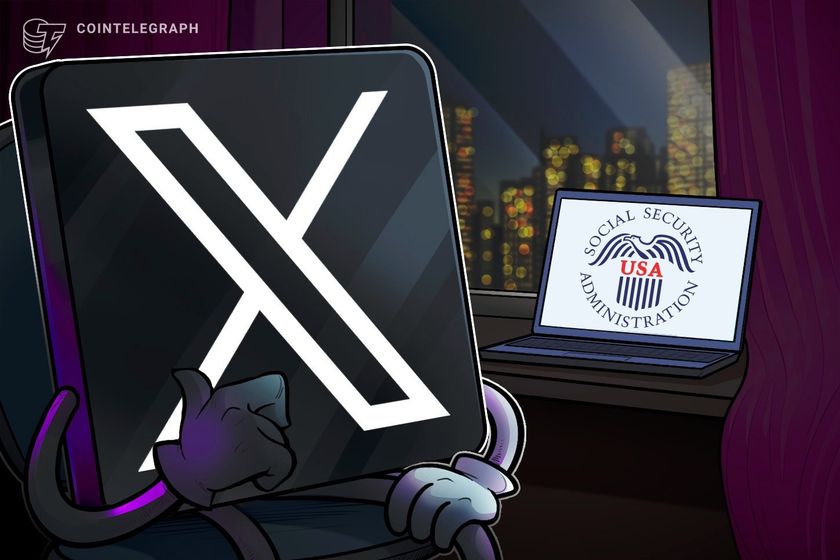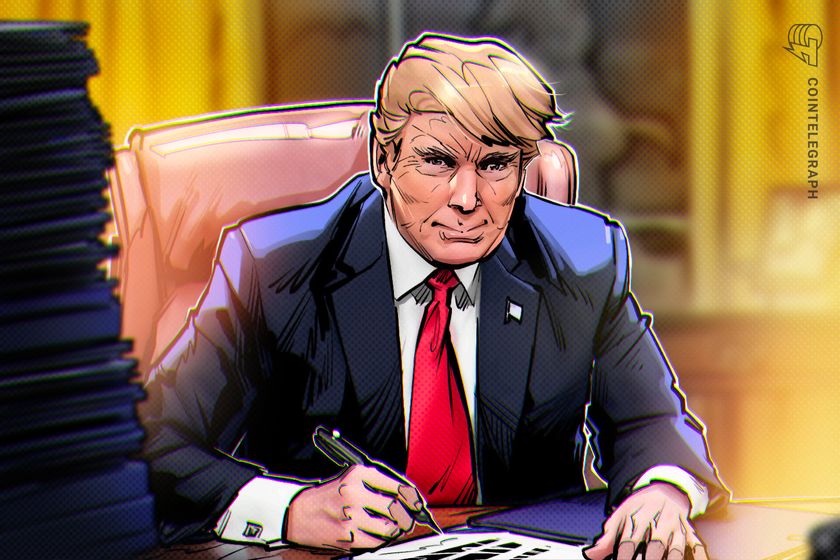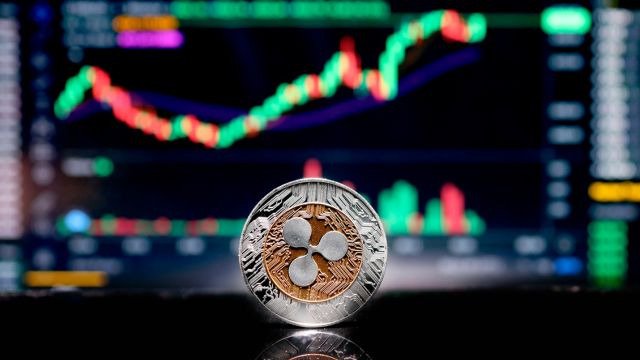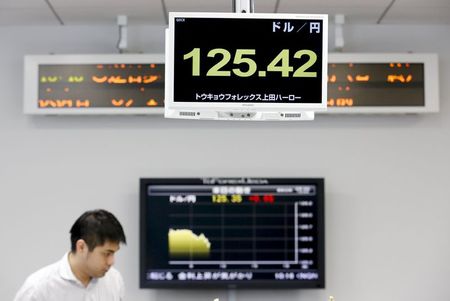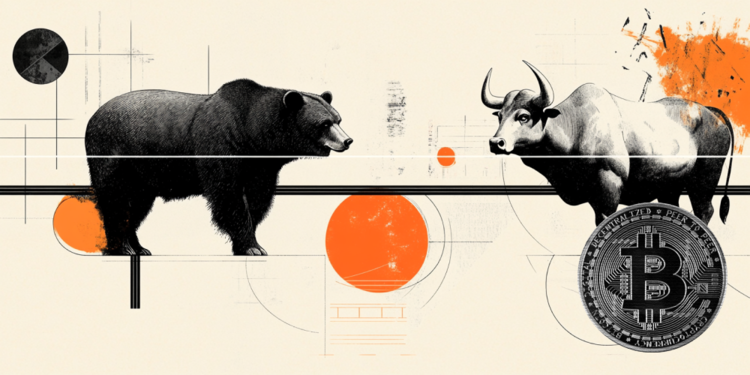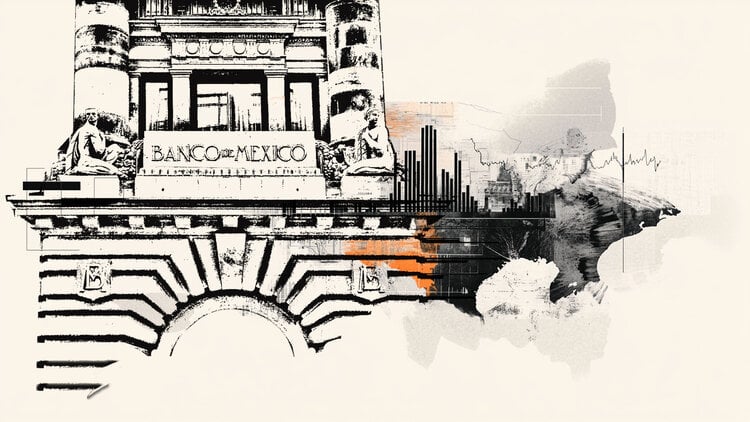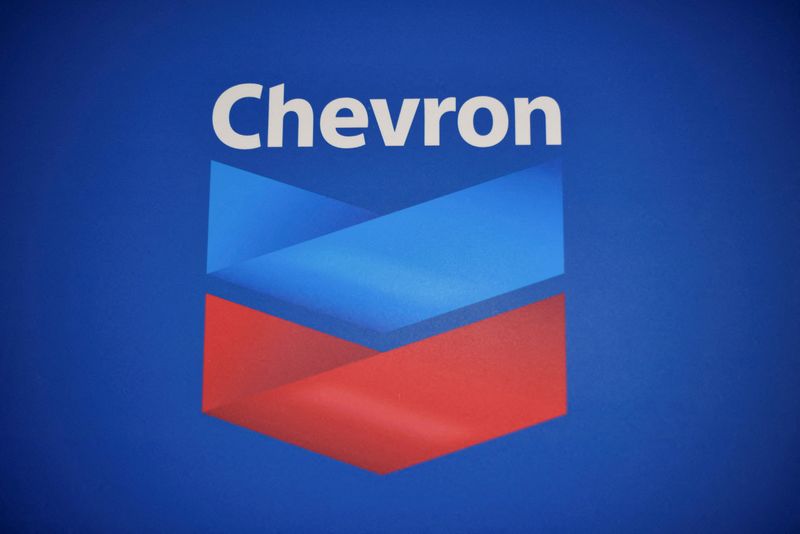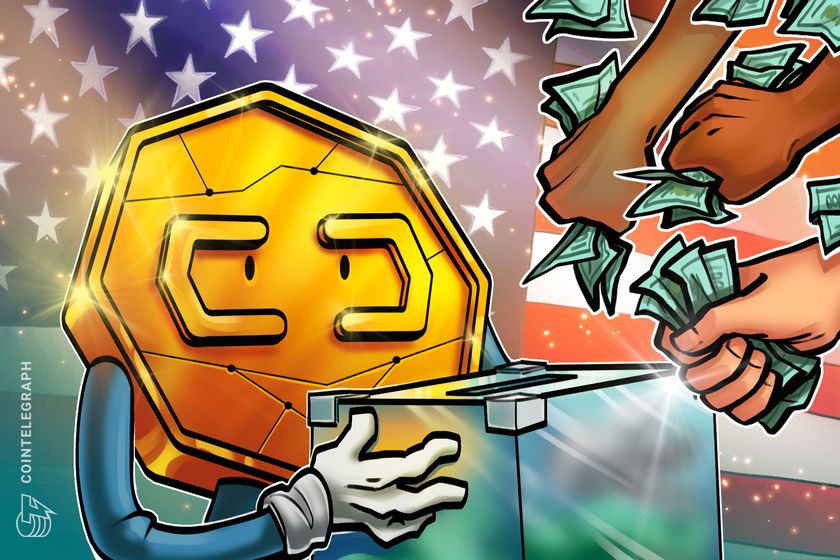Speculation is DeFi’s double-edged sword
Opinion by: Billy Campana, contract developer, Api3 Speculation is a cornerstone of price discovery for traditional finance institutions like hedge funds and major banks and plays an essential role in their day-to-day operations. It is the mechanism by which they can establish reliable valuations for everything, ranging from simple stocks and bonds to complex derivatives and structured products. While decentralized finance (DeFi) is often criticized for its speculative “casino” nature, this is, in reality, one of its strengths: making practices like arbitrage more accessible to everyone and empowering individuals to participate in opportunities once out of reachDeFi’s volatilityCritics have highlighted DeFi’s extreme volatility, a concern exemplified by Ether’s (ETH) recent 15% price drop that triggered over $100 million in long position liquidations. These dramatic market movements continually test market resilience and investor confidence in the ecosystem. The accusations that DeFi platforms function essentially as gambling venues persist throughout the industry. Such criticisms have gained further traction following several high-profile memecoin crashes that collectively erased over $46 billion in market value, revealing the systemic vulnerabilities that speculative activities can introduce to the broader ecosystem.Additionally, the recent Bybit hack spotlighted the major security concerns, exposing critical vulnerabilities within DeFi infrastructure and triggering intense scrutiny of the sector’s security protocols. These systemic risks have only escalated institutional skepticism, resulting in increasingly vocal calls for greater transparency and comprehensive regulatory oversight. Simultaneously, the media narrative surrounding DeFi remains overwhelmingly focused on its spectacular failures, growing institutional skepticism and persistent market instability. This one-sided portrayal continues challenging DeFi’s credibility as a serious financial ecosystem capable of responsible innovation.Evening the playing fieldCritics consistently miss that DeFi democratizes the same speculative mechanisms that traditional finance has always employed for price discovery. The fundamental difference is that Wall Street gatekeepers no longer control who benefits from these opportunities. While traditional finance has historically restricted arbitrage opportunities to institutional players with privileged access, DeFi effectively removes these gatekeepers, allowing anyone with an internet connection to participate in the price discovery process that hedge funds and banks have monopolized for decades.Smart contracts have revolutionized financial operations that once required privileged access and teams of highly paid professionals. Smart contracts effectively break down the artificial barriers that have systematically kept ordinary people out of sophisticated markets. Recent: Bitwise makes first institutional DeFi allocationLeading financial institutions increasingly recognize this paradigm shift, with established businesses progressively adopting DeFi mechanisms to automate transactions and enhance operational efficiency. Institutional adoption validates speculation as a legitimate financial practice rather than dismissing it as mere gambling.An arbitrage utopiaThis unprecedented democratization manifests concretely in decentralized lending platforms that enable automated market makers (AMMs), enabling anyone to provide liquidity and earn fees previously reserved exclusively for institutional market makers with significant capital reserves. With unprecedented data transparency across blockchain networks, even uncollateralized crypto loans can enable capital-efficient arbitrage opportunities spanning multiple blockchain ecosystems without requiring the millions in upfront collateral that traditional finance demands from participants. As institutional involvement continues to grow and regulatory frameworks gradually mature, these speculative mechanisms steadily evolve toward the same legitimacy traditional finance instruments enjoy. This evolution reveals that speculation itself was never the problem — the exclusionary access to its benefits was. The practical execution of this democratized speculation includes cross-exchange arbitrage through DeFi aggregators, crosschain bridges that naturally equalize asset prices across different blockchains and automated liquidation mechanisms that maintain system solvency. All these components serve the same fundamental purpose as traditional financial instruments but with radically expanded access for participants worldwide.As institutional investors and traditional financial markets return their gaze to the industry, with increased involvement from regulatory bodies and political figures in the US, DeFi must remember its core value proposition. The actual value of DeFi is not in recreating the current structures that allow the powerful to benefit from methods that regular people d



Opinion by: Billy Campana, contract developer, Api3
Speculation is a cornerstone of price discovery for traditional finance institutions like hedge funds and major banks and plays an essential role in their day-to-day operations. It is the mechanism by which they can establish reliable valuations for everything, ranging from simple stocks and bonds to complex derivatives and structured products.
While decentralized finance (DeFi) is often criticized for its speculative “casino” nature, this is, in reality, one of its strengths: making practices like arbitrage more accessible to everyone and empowering individuals to participate in opportunities once out of reach
DeFi’s volatility
Critics have highlighted DeFi’s extreme volatility, a concern exemplified by Ether’s (ETH) recent 15% price drop that triggered over $100 million in long position liquidations. These dramatic market movements continually test market resilience and investor confidence in the ecosystem.
The accusations that DeFi platforms function essentially as gambling venues persist throughout the industry. Such criticisms have gained further traction following several high-profile memecoin crashes that collectively erased over $46 billion in market value, revealing the systemic vulnerabilities that speculative activities can introduce to the broader ecosystem.
Additionally, the recent Bybit hack spotlighted the major security concerns, exposing critical vulnerabilities within DeFi infrastructure and triggering intense scrutiny of the sector’s security protocols. These systemic risks have only escalated institutional skepticism, resulting in increasingly vocal calls for greater transparency and comprehensive regulatory oversight.
Simultaneously, the media narrative surrounding DeFi remains overwhelmingly focused on its spectacular failures, growing institutional skepticism and persistent market instability. This one-sided portrayal continues challenging DeFi’s credibility as a serious financial ecosystem capable of responsible innovation.
Evening the playing field
Critics consistently miss that DeFi democratizes the same speculative mechanisms that traditional finance has always employed for price discovery. The fundamental difference is that Wall Street gatekeepers no longer control who benefits from these opportunities.
While traditional finance has historically restricted arbitrage opportunities to institutional players with privileged access, DeFi effectively removes these gatekeepers, allowing anyone with an internet connection to participate in the price discovery process that hedge funds and banks have monopolized for decades.
Smart contracts have revolutionized financial operations that once required privileged access and teams of highly paid professionals. Smart contracts effectively break down the artificial barriers that have systematically kept ordinary people out of sophisticated markets.
Recent: Bitwise makes first institutional DeFi allocation
Leading financial institutions increasingly recognize this paradigm shift, with established businesses progressively adopting DeFi mechanisms to automate transactions and enhance operational efficiency. Institutional adoption validates speculation as a legitimate financial practice rather than dismissing it as mere gambling.
An arbitrage utopia
This unprecedented democratization manifests concretely in decentralized lending platforms that enable automated market makers (AMMs), enabling anyone to provide liquidity and earn fees previously reserved exclusively for institutional market makers with significant capital reserves.
With unprecedented data transparency across blockchain networks, even uncollateralized crypto loans can enable capital-efficient arbitrage opportunities spanning multiple blockchain ecosystems without requiring the millions in upfront collateral that traditional finance demands from participants.
As institutional involvement continues to grow and regulatory frameworks gradually mature, these speculative mechanisms steadily evolve toward the same legitimacy traditional finance instruments enjoy. This evolution reveals that speculation itself was never the problem — the exclusionary access to its benefits was.
The practical execution of this democratized speculation includes cross-exchange arbitrage through DeFi aggregators, crosschain bridges that naturally equalize asset prices across different blockchains and automated liquidation mechanisms that maintain system solvency.
All these components serve the same fundamental purpose as traditional financial instruments but with radically expanded access for participants worldwide.
As institutional investors and traditional financial markets return their gaze to the industry, with increased involvement from regulatory bodies and political figures in the US, DeFi must remember its core value proposition.
The actual value of DeFi is not in recreating the current structures that allow the powerful to benefit from methods that regular people don’t have access to but in making these opaque systems transparent and open to everyone.
Rather than apologizing for speculation, the industry should embrace and refine it as its revolutionary tool — one that brings financial opportunities to billions systematically excluded from traditional markets.
Innovation in DeFi isn’t just technological; it is also social, creating a financial system where opportunity isn’t determined by privilege but by insight, creativity and willingness to participate. The future belongs not to those who can eliminate speculation but to those who can make it fair, transparent and accessible to all.
Opinion by: Billy Campana, contract developer, Api3
This article is for general information purposes and is not intended to be and should not be taken as legal or investment advice. The views, thoughts, and opinions expressed here are the author’s alone and do not necessarily reflect or represent the views and opinions of Cointelegraph.











































